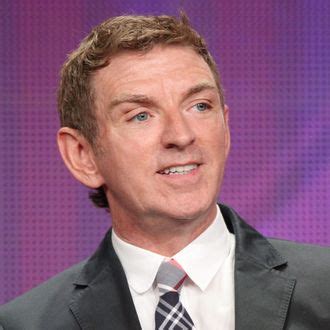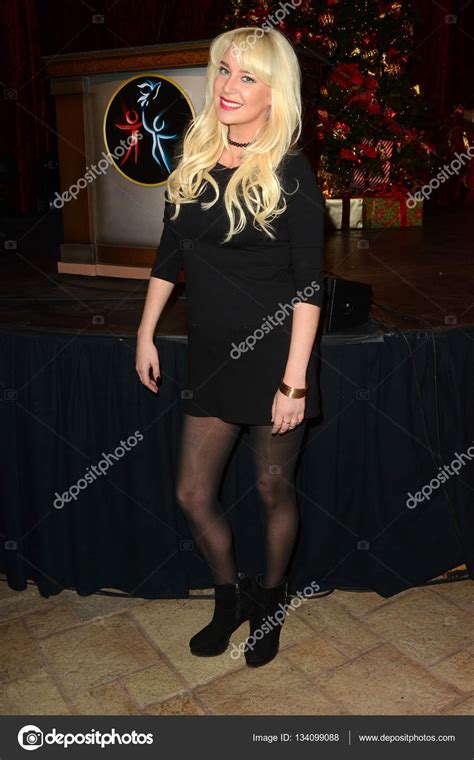A Quote by Emily Barton
I feel that there is an alternate ending that leaps off too far into fantasy and there is an alternate ending that leaps off too far into pessimism, but that, in fact, the novel as it has developed should, if it's functioning correctly, have equipped you as the reader to make your own decision about where you want to go with that, about where you're going to fall on that continuum. So, the novel is taking you directly up to the point that you have to choose, and it's letting you do that.
Related Quotes
I feel really strongly about not wanting to overly guide the reader about what he or she should think. I really trust the reader to know for themselves and not to need too much. You have your own imagination, your own experiences, your own feelings, and a novel wants ultimately to ask questions. It doesn't assert anything, or shouldn't, I think.
In general, I think every novel is a political novel, in that every novel is an argument about how the world works, who has power, who has a voice, what we should care about. But political novels can be boringly polemical if they end up being too black and white, too one dimensional, like war is bad, killing people is wrong.
With a live audience, it's very clear when you've pushed it too far to the edge - because you fall off that edge and hit bottom with a thud. Nothing abstract about that. You know you went too far when you hear that groan or worse - that silence instead of the big laugh you were expecting following your hilariously edgy joke.
I don't revise a lot when writing short stories. As far as the novel, I definitely thought more about plot. Honestly, I'm still pretty confused about what "plot" means. I've been reading some of my Goodreads reviews and one reader noted that the The Last Days of California "reads like a short story stretched to the breaking point, padded and brought into novel range..." I don't know what people want, really.
Now, as a reader, you shouldn't feel the decisions the writer makes about this DNA, or it would be boring beyond belief. But, as a writer, you're struggling to make these decisions. What should the title be? What's the first line? The point of view? And the struggle with the decisions is because you're trying to figure out WHAT IS THE NOVEL, WHAT IS THE NOVEL?
The point is, that the function of the novel seems to be changing; it has become an outpost of journalism; we read novels for information about areas of life we don't know - Nigeria, South Africa, the American army, a coal-mining village, coteries in Chelsea, etc. We read to find out what is going on. One novel in five hundred or a thousand has the quality a novel should have to make it a novel - the quality of philosophy.





































